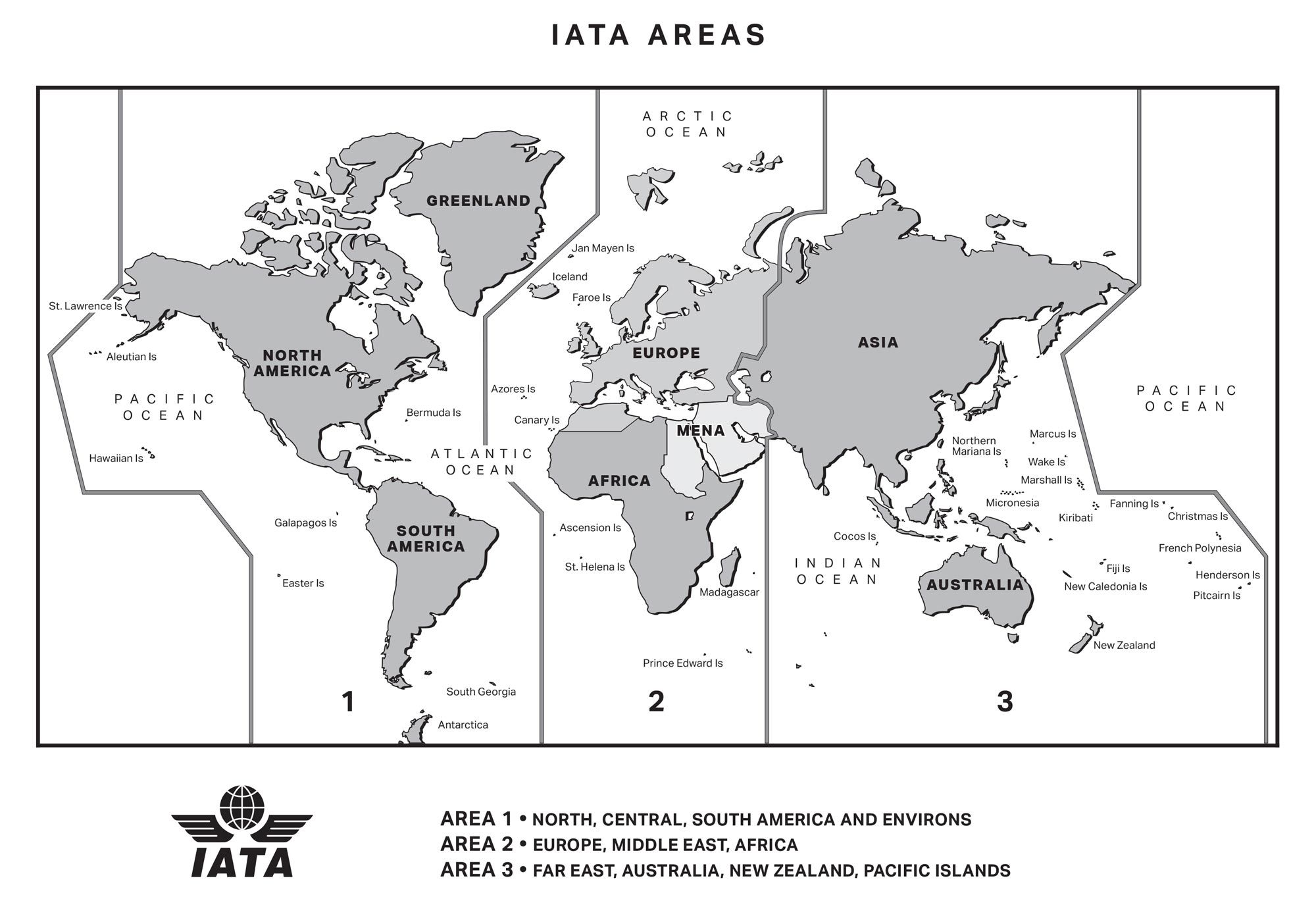About the Role of the Commissioner Office
The role of the Commissioner/Ombudsman is to act as an independent arbitrator in disputes arising out of the Cargo Agency Programme between an IATA Accredited Agent/Freight Forwarder, CASS Associates or an Applicant and IATA.
The Commissioner/Ombudsman may also adjudicate exceptional reviews consented to by IATA Accredited Agents/Freight Forwarders, CASS Associates or an Applicant, and any CASS Participating Airline.
This site describes the authority, powers and procedures of the Cargo Agency Commissioner.
Some of our activities are:
• Carry-out reviews
• Conduct oral hearings
• Prepare an Annual Report
• Provide commentary and feedback on the efficacy of the Agency Programme to the stakeholders
Background
The Office of Cargo Agency Commissioner was set up in 1992. At the time there were 5.700 or so IATA registered Cargo Agents outside the USA and 18 active CASS operations which processed just under USD 5 billion in airfreight sales that year. The IATA Cargo Agency Conference determined that among the checks and balances necessary, in support of the fiduciary discipline essential to the success of the IATA sales intermediary accreditation system and, particularly of CASS, there should be a neutral, accessible and cost-effective machinery to adjudicate expeditiously on the inevitable aberrations exposed during the operation of such a large-scale enterprise.
The Office has now served the industry continuously for almost thirty years during which time it has dealt with over a thousand reviews. Its work has expanded with the growth and evolving sophistication of the airfreight sector. Today, it serves 16,800 IATA registered Cargo Intermediaries who, in 2020, reported and remitted USD 32.7 billion through CASS. CASS operations now embrace the globe, with the exception of the USA where the CNS Corporation, an IATA subsidiary, manages a separate and parallel system. The on-time settlement rate through CASS in 2022 was 100.00%.
Geographical Scope of the Office
In most countries the office holder is called the Cargo Agency Commissioner; however, in EU/ECAA member countries and in Latin American and the Caribbean countries where tailored IATA/FIATA Air Cargo Programmes are in place, the title used for the office holder is Ombudsman. The task, however, is essentially the same.
The Cargo Agency Commissioners’ Office is an independent worldwide service of dispute resolution provided to Cargo Agents, Freight Forwarders, CASS Associates, Airlines and the International Air Transport Association (IATA), offered in cooperation between the cargo industry, through the International Federation of Freight Forwarders Associations(FIATA), through IATA.
Our activity is funded equally by IATA Accredited Agents, Freight Forwarders, CASS Associates and IATA Member Airlines
Important References
IATA Cargo Agent Handbook
The Cargo Agent’s Handbook (CAH) is a binding document for all IATA Accredited Agents, Freight Forwarders and CASS Associates, it provides Agents and any interested applicants useful information such as:
- The main requirements for IATA Accreditation and Appointment
- The most important Cargo Agency Conference Resolutions that are applicable to their participation in the Cargo Programme.
- Local Financial Criteria that is applicable, by country
Local Financial Criteria
All Local Financial Criteria can be found in the Handbook.

The IATA Agency Programme is constantly under review and is the subject of ongoing dialogue between Airlines, Agents and Freight Forwarders. As a result, adjustments and improvements are progressively introduced in order to keep the programme relevant to the industry’s needs.
Below are listed some of the most relevant Resolutions:
Resolution 811d – Agency Commissioner
Explains how the Agency Commissioner is jointly appointed by IATA’s Director General and FIATA’s Chairman; and describes the Commissioner’s profile and job description.
Resolution 811e – Conduct of Review by Agency Commissioner
Describes the jurisdiction and authority of the Agency Commissioner.
CASSLink Manual for Agents
CASSLink is IATA’s global cargo processing system for processing of Airline documents – Air Waybills and correction documents (CCA’s & DCM’s) for billing to IATA Accredited Agents and CASS Associates. It uses global standards in accepting electronic documents for processing from Airlines. Reports are provided to Agents in a standard output format. Therefore, the report received by your office in London or Singapore will be the same as those in Sydney or Auckland. One of the advantages of CASSLink is that, being a web-based system, the information contained in it is accessible online anywhere, provided you have a Username and access to the Customer Portal.
Compliance Tips
Appoint an individual within the company to oversee and monitor the correct application of the Cargo Agency Rules and Resolutions. Appointee must be knowledgeable with all ongoing requirements to maintain the IATA Cargo Agency Accreditation, including:
- Submission of annual audited financials
- Updating change of status on the portal, which includes change of address, shareholding, key contacts, or portal administrator. All changes must be communicated to IATA prior to it taking effect.
Dangerous Goods Certification compliance:
- Each head office must maintain a minimum of 2 staff with valid DGR certificates
- Include letters of endorsement from DGR Training Institutions, where applicable following the current Cargo Agency Resolutions
- Book DGR training courses well in advance of DGR certificate expiry and ensure the level of training is compliant with the Cargo Agency Resolutions
- Submit through the IATA Customer Portal new DGR certificates prior to the date of expiry of any current DGR certificates
Where a Notice of Termination has been issued, any appeals to the Cargo Agency Commissioner must be initiated before the termination date.
When submitting an appeal to the Cargo Agency Commissioner, ensure all relevant correspondence is included along with the IATA Agent’s code where applicable, including full contact details and role of the appellant within the company.


